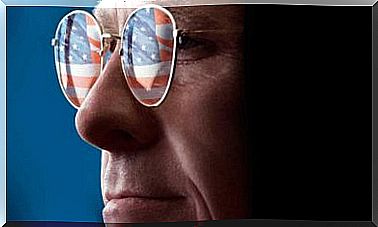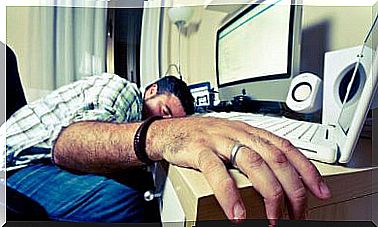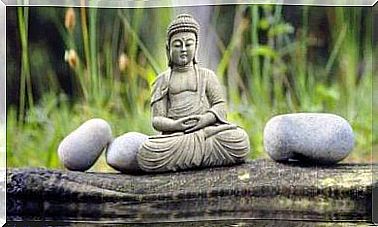The Illusion Of Time In Our Lives
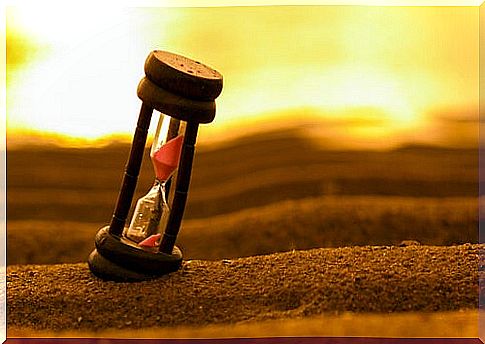
Look at your watch, what time is it?
The passage of time is one of the great questions that has taken more hours to try to solve and there are still minutes, seconds and milliseconds of investigation to unravel all its mysteries.
Such is the interest and complexity of this question that a contest was even organized where scientists had to give an answer in a very simple way to a jury made up of some 6000 11-year-old children.
Our life is linked to the ticking of the clock hands. We make plans, organize visits, learn transport schedules so we are not late, and blow candles when we celebrate the anniversary of our birth. We sleep an average of eight hours, we have to comply with the established work schedule and we cross out days on the calendar.
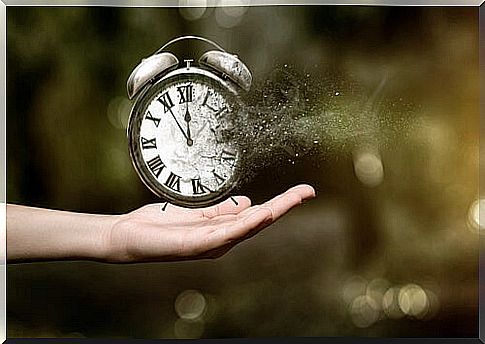
But there are two ways to explain this concept: one thing is the time that runs on the clock and another is how we perceive its passage.
How many watches do we have?
-Circadian clock
It is the one that allows us to measure the duration of the hours of the day. It is in charge of controlling our sleep, that we wake up and of pointing out the routines that we acquire: ” I’m hungry, it must be time to eat ” or “It must already be time to go to the gym “.
Let’s say it is the one that alerts us to the most basic habits and functions of our body. It is distorted when we make a long plane trip, causing the phenomenon known as “jetlag” which is a jet lag after a transatlantic trip, due to an imbalance produced between the internal clock and the real time.
-Clock milliseconds
It is obviously the most accurate. Thanks to it we can correctly perceive speech, the rhythm of a song or control our finest movements such as reaching an object in flight that is heading towards us.
-Cognitive watch
Close your eyes and count up to a minute. This is your cognitive watch. It is activated when we are aware of the passage of time and is used to measure durations between a few seconds and a few minutes.
It is the most flexible of all, since we can stop it and start it whenever we want. But this facility also has its weak point: important factors such as memory, attention or emotions can alter it.
The paradoxes of time
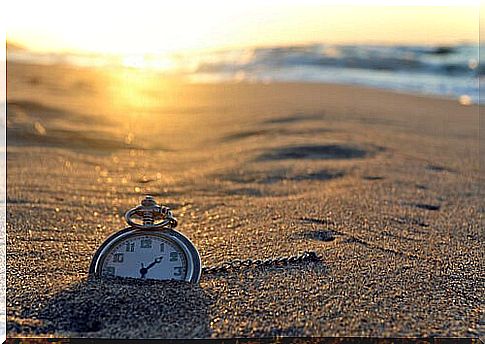
– “When we look at the clock, we can see the second hand move, but only memory tells us that the minute and hour hands have moved.”
This paradox highlights that faced with such an abstract and intangible concept, we need a physical reference to keep track of the passage of time. A pendulum from one side to the other, some hands turning step by step, the shadow of a sundial or the fine sand falling.
– “An observed pot never boils.”
This statement confirms that attention plays a very important role. And is that if we focus on the tic tac, time seems to stretch or even freeze. Hence, when we are enjoying ourselves and we are not aware of the clock, time passes very quickly and that, on the contrary, if we are bored and we just want time to fly, as revenge it goes slower than ever. It’s a classic: mom, how long until we get there?
– “The wait for the dentist is taking forever.”
Emotions also have their influence. Whether we are in a positive or negative emotional state, the perception of time is altered. For example, the time in the waiting room before entering a job interview becomes longer than it would seem in other circumstances.
It is proven that if you ask how long people who have just jumped bungee jumping or parachuting have been in the air, they will tell you that it has been longer than it really has, since with strong emotions everything slows down.
We activate ourselves so as not to miss details of the moment we are living and, in turn, our survival system is activated to face the situation. And yes, also kisses with your crush seem to last longer than they do.
Look at your watch again, how long has it been?


